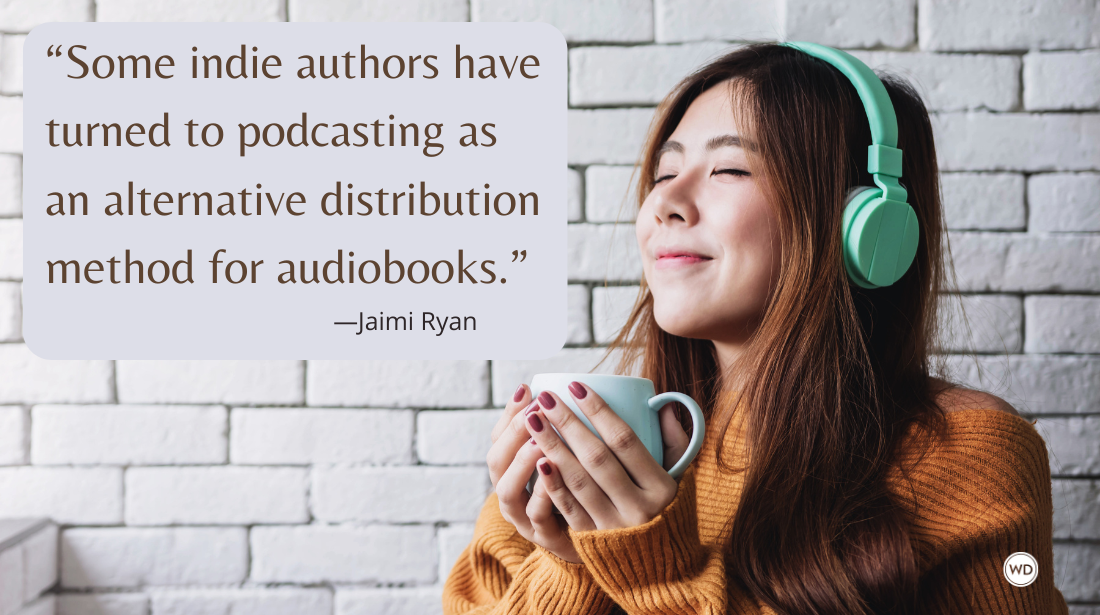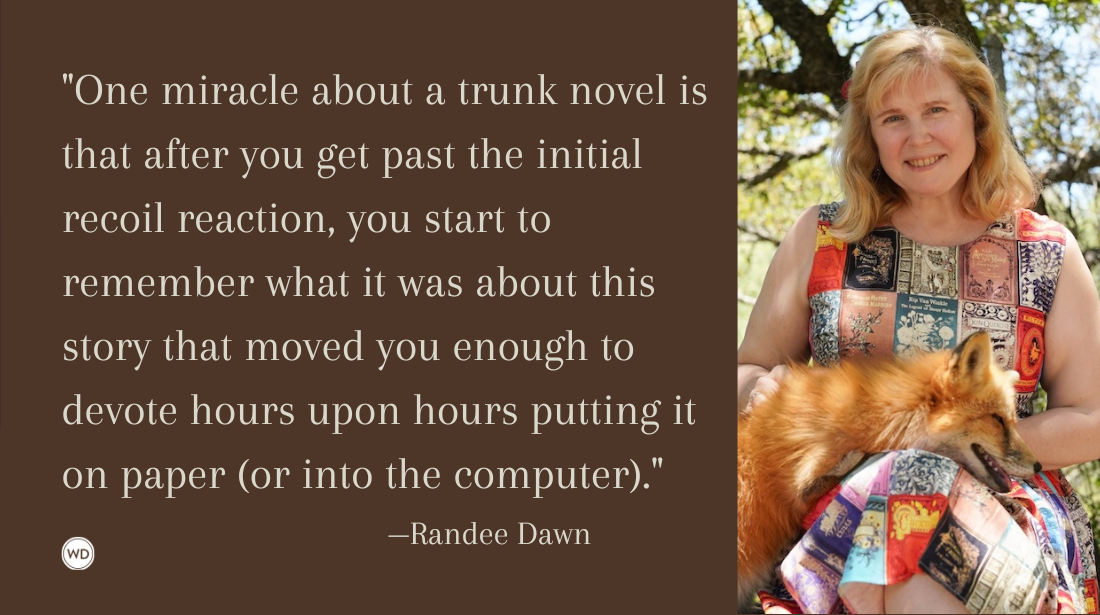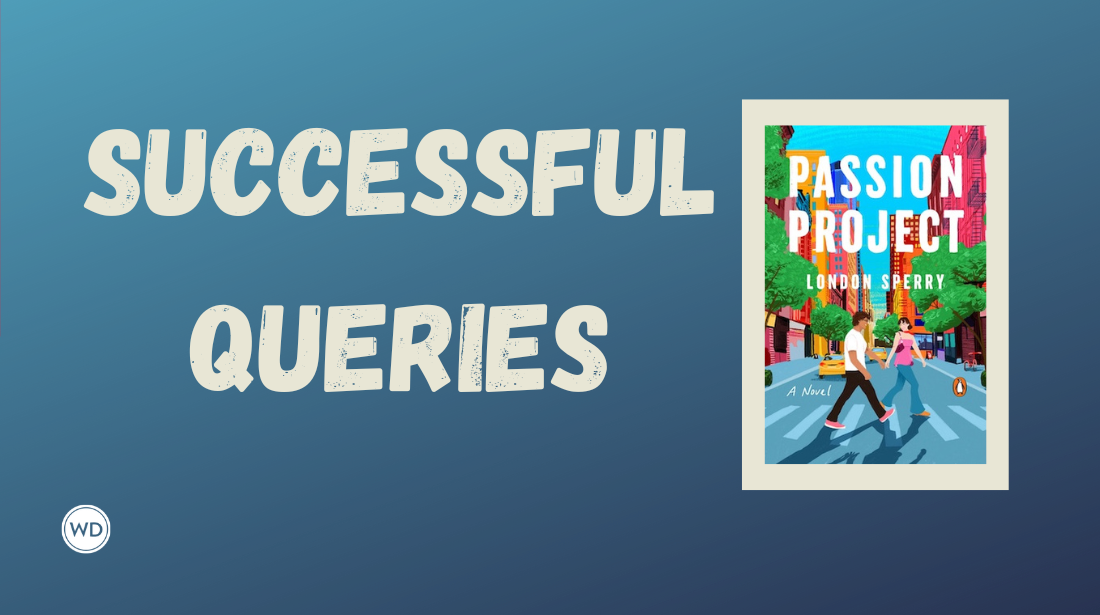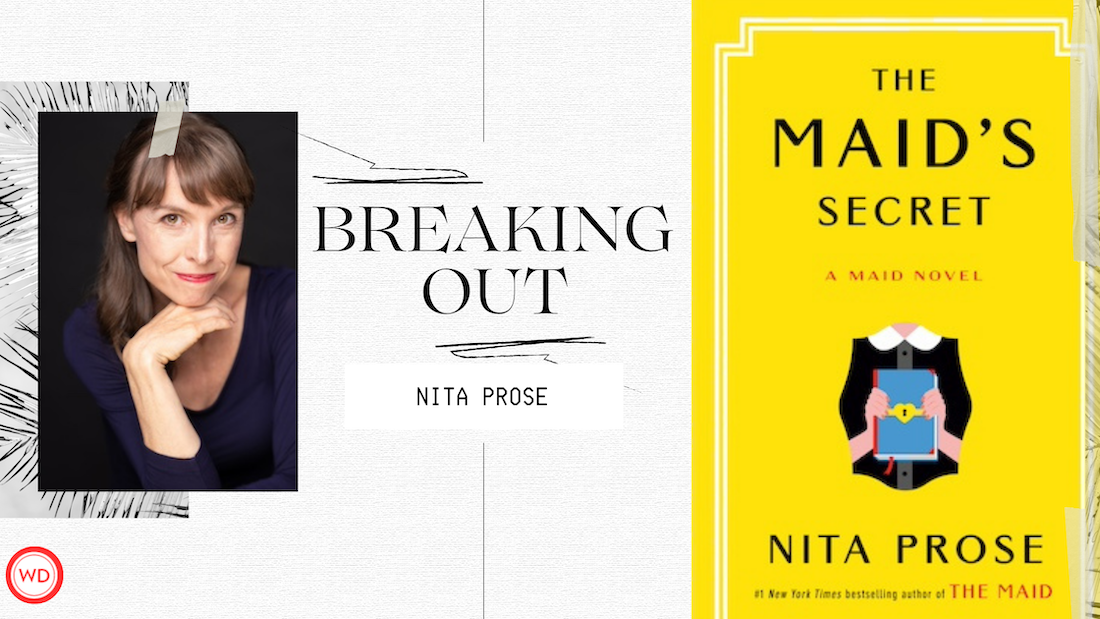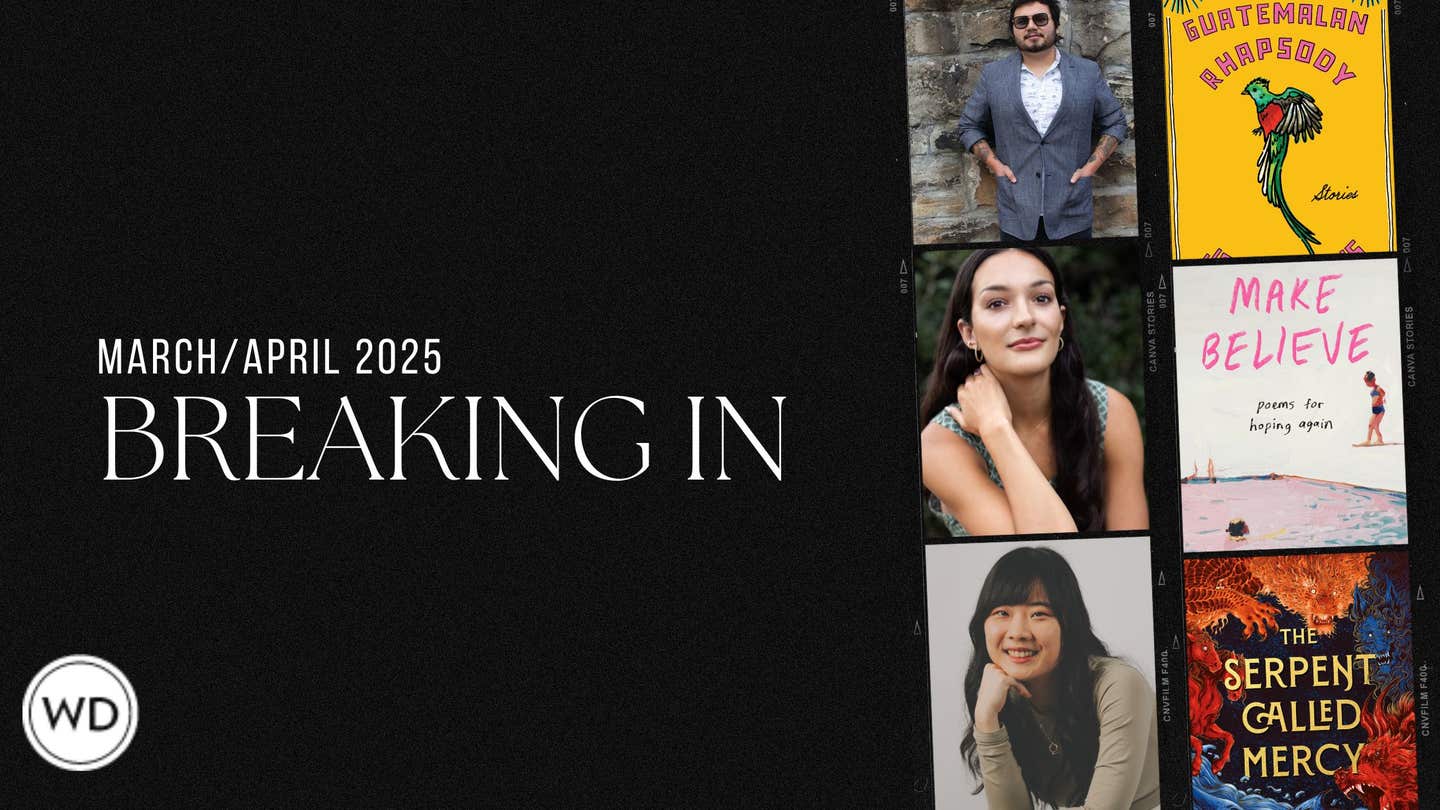Glitter and Grit: How Pitch Wars Took Me From Messy Draft to Book Deal
Author Olesya Lyuzna shares her experience of how Pitch Wars took her from a messy manuscript draft to a book deal.
I woke up to a dozen shimmering Twitter notifications. Somewhere in the middle of my screen, I saw the names: Layne Fargo. Halley Sutton.
Was I dreaming? I pinched myself, just in case. Refreshed the screen.
Still there.
Even now, with a book deal and all the surreal milestones that followed, that memory still stands out. Before any of this was real, someone looked at my strange little book and said yes.
Pitch Wars was founded by author Brenda Drake in 2012 and ran for 10 years, connecting nearly 500 unagented writers with experienced mentors—authors, editors, or agents—who guided them through deep-dive revisions and a final agent showcase. It became known as a kind of unofficial MFA: intense, selective, and powered entirely by volunteers. This was more than a craft intensive. The program cracked open doors, built community, and brought distant publishing dreams within reach.
Some mentees went on to bestseller lists (Tomi Adeyemi’s Children of Blood and Bone began as a Pitch Wars manuscript), but what struck me most was how human the program felt. It was free. It was grassroots. And it hinged on something generous and rare: Writers helping other writers, simply because someone had once helped them.
I applied in the fall of 2020. I’d only recently come back to writing—seriously, at least—after years of putting my dream on hold, telling myself it was for people with MFAs, connections, or just more time. But lockdown gave me a strange kind of clarity. I’d left behind my corporate job for a handful of freelance projects; what looked like professional rock bottom became an opportunity to explore my dream with nothing to lose. I was back at my parents’ house, writing on a beat-up 2010 MacBook at the kitchen table. I signed up for online workshops, devoured every craft book I could find, and started pulling together a draft of what would eventually become Glitter in the Dark.
When I saw Layne and Halley on the mentor wishlist, my heart jumped. I knew their work well. They didn’t write “likeable” women. They wrote real ones: complicated, sharp-edged, sometimes just barely holding it together. Their stories often followed queer women through shadows and spotlights, chasing what they wanted with no apologies—even when it led to violence. Ambition, identity, performance, revenge—it was all there, simmering under the surface.
For the first time, my queer mystery set in 1920s New York didn’t feel like some mad, unpublishable dream. It felt like it might actually belong.
I’d never wanted to be part of something so badly. But I was only a few months into my writing journey, with no formal training or credentials—just a messy draft and a lot of self-doubt. I almost didn’t apply. But I kept coming back to their wishlist, reading it like a map to some imagined future. I couldn't let it go.
So I pulled the trigger.
And somehow, against all odds, they chose me.
What followed was three months of intense, exhilarating revision. My original draft opened with a wide-lens view of a speakeasy—an omniscient sweep through the room, vague and atmospheric. One of the first things Layne and Halley suggested was dropping my protagonist straight into the action. That shift changed everything.
So did a lot of other things. I wanted to write a sexy, sharp noir—but for some reason, my protagonist and her sister were stuck with an elderly aunt for a chaperone. I sent them on convoluted side-quests, tangled in so many plot threads I’m still amazed Layne and Halley didn’t develop migraines. I had too many speakeasies and not nearly enough spice. I was really shy about writing sex scenes, until my mentors shared a few examples that were … influential, to say the least. Like Miami Purity by Vicki Hendricks—after that, I’ll never look at a dry cleaners the same way again (read it now, thank me later).
They gave me permission to make the book darker, hotter, stranger. To make it mine.
My whole family got COVID around Christmas. This was pre-vaccine, and my dad ended up in the hospital. He pulled through, but I barely remember anything except the fear. The world felt like it had narrowed to a single, flickering thread.
I kept writing. Drafting through a fever haze, chasing deadlines that felt like a lifeline. Layne and Halley were right there, guiding me through it. The scenes weren’t good, but they moved the book forward.
Writing through that chaos cracked something open in me. I stopped obsessing over every sentence. I just wrote. It was the first time I stopped dreaming about being a writer and started acting like one.
Halley and Layne helped me hold onto that momentum. They walked me through the agent showcase prep—query letters, synopses, the pitch—but most importantly, they reminded me to keep my focus where it belonged: on the writing itself. Follow your obsessions, they told me. Write the thing you care about. That’s the part you can control—and the best way to stay grounded through all the chaos you’ll inevitably face in your publishing journey.
The showcase went live in early 2021. I had a few requests, but one stood out: Chris, who would later become my agent. His client list was full of writers I admired, with books that echoed my own obsessions: queer voices, dark historical fiction, twisty, unsettling thrillers. It was a perfect match—from the start, he understood exactly the kind of story I wanted to tell.
It would be a few more years before I signed my first book deal. But the lessons I learned during Pitch Wars carried me through that in-between time, even when every rejection made me want to log off permanently and go scream into the nearest patch of woods.
Pitch Wars shut down in 2022, but its legacy lives on—in the bylines on bestseller lists, in the titles lining your bookshelves. What you won’t see—at least not right away—are the threads it spun between writers, or the quiet resilience it instilled, carrying us all through long silences, close calls, and doors that never opened.
In the weeks leading up to the publication of my debut, I’ve been thinking a lot about the people who helped me along the way. About the power of mentorship, and how far a little belief can take you. If you’re writing something dark or dreamy—maybe set in the early 20th century, glittering with showgirls, sleuths, or stage lights—and you see a bit of yourself in my work … well, my inbox is open.
No promises. But I’m looking.
After all, it started with one yes. Now it’s my turn to pass it forward.
Check out Olesya Lyuzna's Glitter in the Dark here:
(WD uses affiliate links)




